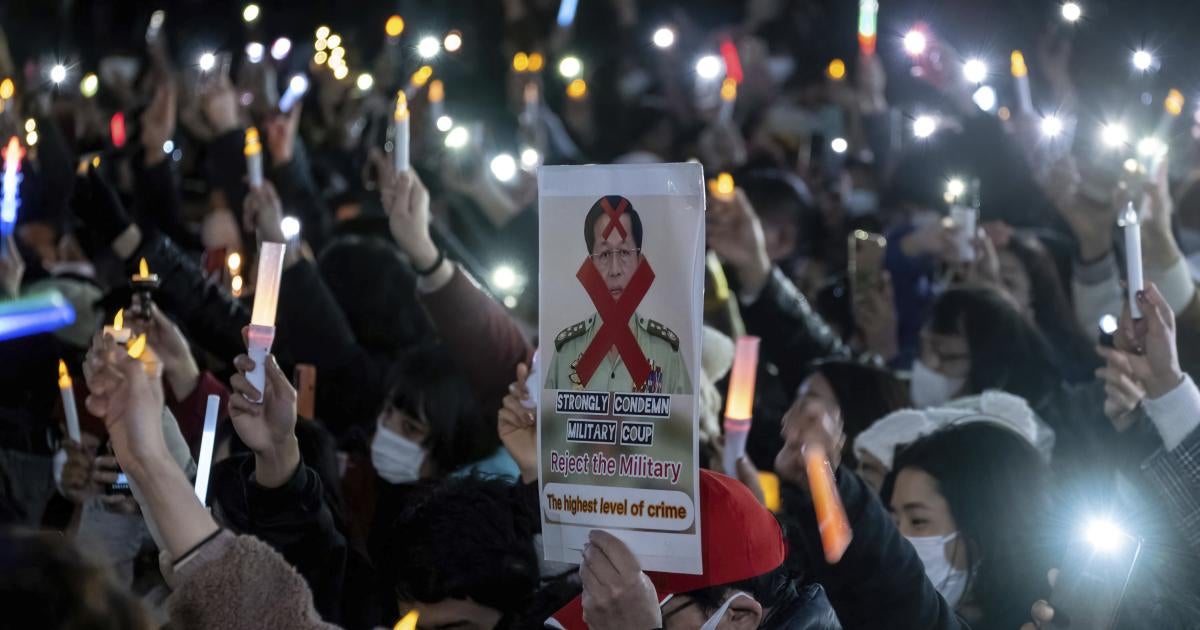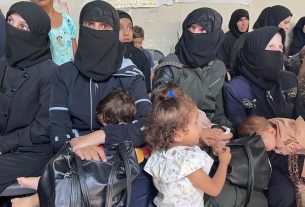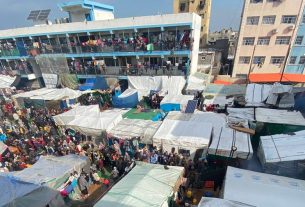Despite Japanese Prime Minister Fumio Kishida’s pledge last February to “appropriately handle” the flow of government aid to Myanmar’s abusive military, a Japanese Foreign Ministry official told the Diet this week that Japan’s construction giant, Yokogawa Bridge Corp., will make further payments to the military-owned Myanmar Economic Corporation (MEC) for an aid project.
In March 2021, Myanmar Now reported that a steel mill owned by the MEC was supplying steel for Japan’s Bago River Bridge Construction Project and “profiting enormously.” Financial transactions analyzed by Human Rights Watch show that from July 2022 to January 2023, Yokogawa Bridge Corp. transferred around US$2 million to MEC for the project, with United States government approval.
During a House of Councilors session, Foreign Minister Yoko Kamikawa said that the MEC’s participation ended in December and that Yokogawa Bridge Corp.’s “progress payments” to the MEC had finished. However, Hideki Kusakabe of the Foreign Ministry’s International Cooperation Bureau responded to a question by opposition lawmaker Michihiro Ishibashi by saying that Yokogawa Bridge Corp. still had certain payments to make for the project. Kusakabe did not disclose a sum or a timeline.
The MEC generates vast revenue through businesses in sectors including manufacturing, mining, and telecommunications, according to a 2019 report by the United Nations-backed Independent International Fact-Finding Mission on Myanmar. The US, United Kingdom, European Union, Canada, and Australia have sanctioned the MEC and Myanmar’s other military conglomerate, Myanmar Economic Holdings Limited, for their role in generating significant revenues that help fund military abuses.
Since the February 2021 military coup, Myanmar’s military has been responsible for widespread and systematic human rights abuses, including extrajudicial killings, torture, and indiscriminate attacks on civilians that amount to crimes against humanity and war crimes.
Prior to the coup, Myanmar’s security forces committed crimes against humanity and acts of genocide against the Rohingya in Rakhine State, forcing hundreds of thousands to flee to Bangladesh in 2017. An estimated 600,000 Rohingya remain in Rakhine State, where in recent months they have been caught in fighting between the Myanmar military and the Arakan Army armed group and subjected to forced recruitment by the junta.
Prime Minister Kishida needs to take responsibility for his pledge to “appropriately handle” the issue and should suspend further payments to the MEC, stop all non-humanitarian aid to Myanmar’s junta, and impose targeted sanctions on its military leaders and military-owned conglomerates.



